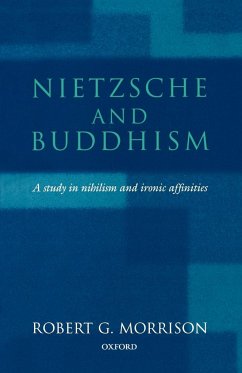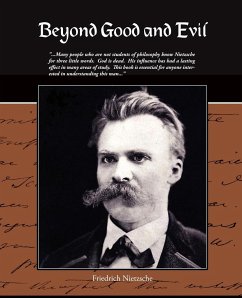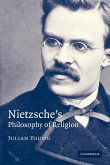Nietzsche's view of Buddhism has been very influential in the West; Dr Morrison gives a careful critical examination of this view, argues that in fact Buddhism is far from being a nihilistic religion, and offers a counterbalancing Buddhist view of the Nietzschean enterprise. He draws out the affinities and conceptual similarities between the two, and concludes that, ironically, Nietzsche's aim of self-overcoming is akin to the Buddhist notion of citta-bhavana (mind-cultivation). Had Nietzsche lived in an age where Buddhism was better understood, Morrison suggests, he might even have found in the Buddha a model of his hypothetical ubermensch. 'illuminating ...Nietzsche was a genius, if a very odd one, and the Buddhist practitioner with an interest in philosophy should not neglect him. Morrison's explanatory work can be recommended ...A paperback edition must be hoped for.' The Middle Way
Morrison offers an illuminating study of two linked traditions that have figured prominently in twentieth-century thought: Buddhism and the philosophy of Nietzsche. Nietzsche admired Buddhism, but saw it as a dangerously nihilistic religion; he forged his own affirmative philosophy in reaction against the nihilism that he feared would overwhelm Europe. Morrison shows that Nietzsche's influential view of Buddhism was mistaken, and that far from being nihilistic, it has notable and perhaps surprising affinities with Nietzsche's own project of the transvaluation of all values.
Hinweis: Dieser Artikel kann nur an eine deutsche Lieferadresse ausgeliefert werden.
Morrison offers an illuminating study of two linked traditions that have figured prominently in twentieth-century thought: Buddhism and the philosophy of Nietzsche. Nietzsche admired Buddhism, but saw it as a dangerously nihilistic religion; he forged his own affirmative philosophy in reaction against the nihilism that he feared would overwhelm Europe. Morrison shows that Nietzsche's influential view of Buddhism was mistaken, and that far from being nihilistic, it has notable and perhaps surprising affinities with Nietzsche's own project of the transvaluation of all values.
Hinweis: Dieser Artikel kann nur an eine deutsche Lieferadresse ausgeliefert werden.








